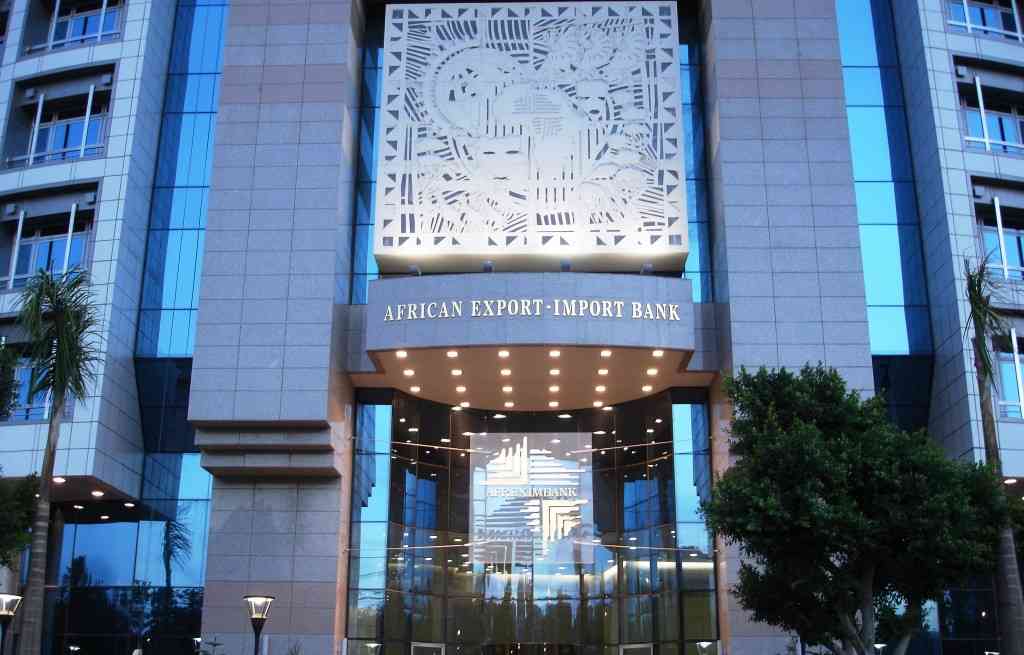
SHAME MAKOSHORI in BULAWAYO ZIMBABWE’S mining industry has mounted a fresh appeal for authorities to cut diamond royalties by three percentage points to save bleeding producers, as it emerged bankruptcies were lurking across coal extractors.
Diamond miners are currently required to pay 10% of their gross earnings to the State in royalties.
However, in a paper obtained by businessdigest during the ongoing Mine Entra conference in Bulawayo, the Chamber of Mines of Zimbabwe (CoMZ) said a sustainable rate would be about 7%.
The country is endowed with some of the region’s richest diamond fields, which attracted significant global attention until bold reforms were implemented about six years ago to improve oversight.
The reforms ended with a consolidation of about seven mining houses into the Zimbabwe Consolidated Diamond Company (ZCDC), a massive operation in which the state controls full shareholding.
However, previous emotions have been dissipating recently, and the tough stance has shifted, with private capital trooping back.
This return has also precipitated the new push to review “the region’s highest” royalty regime to “sustainable” thresholds.
This week’s appeal was the latest of several pleas by the industry for wide-ranging cuts to statutory obligations and fees in order to reactivate production as the industry races with a 2023 target to turn over US$12 billion annually.
- Chamisa under fire over US$120K donation
- Mavhunga puts DeMbare into Chibuku quarterfinals
- Pension funds bet on Cabora Bassa oilfields
- Councils defy govt fire tender directive
Keep Reading
Should mines achieve this target, it would be almost three times higher than the US$5 billion worth of minerals extracted in 2021.
In its four-page paper, the CoMZ said it wanted downward reviews as early as next week when Finance and Economic Development minister Mthuli Ncube makes reviews to his 2022 fiscal strategy.
“The royalty for diamonds at 10% is among the highest in the region,” the CoMZ said, as it spelt out its expectations for the upcoming review.
“The royalty is undermining viability in the diamond sector, which continues to be weighed down by a high cost structure (on the back of high input costs, high fiscal charges and unsustainable cost of capital).
“The situation is worse for kimberlitic diamond producers such as Murowa Diamonds which requires huge costs to extract. To restore viability in the diamond industry, diamond producers are appealing for a downward review in the royalty to around 7% in line with regional averages, as well as, the overall cost structure in the diamond sector,” it added.
Murowa is a unit of the Zimbabwe Stock Exchange (ZSE)-listed multi-resource outfit, RioZim, and has been one of the country’s longest diamond producing operations.
The firm commands significant respect from authorities such that it was spared during the diamond industry crackdown, as the government raced to plug loopholes after the late former president Robert Mugabe said over US$15 billion had been looted by multinationals.
This week, the CoMZ also appealed for urgent interventions to halt carnage in foreign currency starved coal miners.
The bulk of coal was being shipped to domestic power stations, which pay for them in the freefalling Zimbabwean dollar.
Miners import most of their requirements, including implements and raw materials, in foreign currency.
With falling United States dollar reserves in vaults, the industry was stuttering, the CoMZ said, as it lobbied for a viable operating regime to save investments and jobs.
“Coal producers are operating in a challenging environment largely on the backdrop of foreign currency constraints (as the bulk of the coal is sent to thermal power stations) and low coal prices (which is paid in Zimbabwean dollars at the prevailing interbank market rate),” it said.
“Coal producers supply about 90% of their output to local power stations and thus are only generating about 10% in foreign currency.
“After deducting the surrender requirement, producers are effectively left with 5% forex revenues, which are inadequate to meet their obligations for expansion projects and operational requirements,” the lobby added, noting that access to cheap foreign currency on the official market was difficult.
“Some of the coal producers have already been placed under judicial management, with some expected to fold if the situation is not resolved…allow coal producers to retain 100% of their foreign currency export revenues by exempting them from mandatory surrender requirement of export proceeds and prioritise coal producers for foreign currency allocations (at the foreign currency auction system) for importation of critical spares for equipment and other input requirements,” the CoMZ added.
The report also called on President Emmerson Mnangagwa’s government to reduce promises for major policy reforms into a binding legal commitment in order to reactivate investor interest into the sector.
It said investment into Zimbabwe’s mines had been held back because of delays in legal provisions to back promises to exempt the industry from controversial Indigenisation and Economic Empowerment laws.
The promise has been in place since 2018, when a new government swept to power as the late strongman Robert Mugabe left after four decades highlighted by chaotic economic policies.
The CoMZ’s paper, which shared the industry’s expectations for the mid-term fiscal policy review due on July 28, said Ncube should give full legal undertakings.
“(On) the current government policy for exemption of the mining sector from complying with the equity thresholds of the Indigenisation Act, despite the new government policy provision, regularisation of the policy into law remains outstanding, affecting foreign investor decision-making processes into Zimbabwe,” it said.
“In line with undertakings from the minister of Finance, we are appealing to the minister of Finance to finalise the matter in the 2022 mid-term budget review statement to promote foreign direct investment (FDI) into the country’s mining sector,” the paper said.
Under its hyped ‘Zimbabwe is open for business’ campaign, Mnangagwa’s government promised in 2018 to make an extensive review of policies, including the Empowerment Act, in order to stimulate investor appetite into Zimbabwe.










